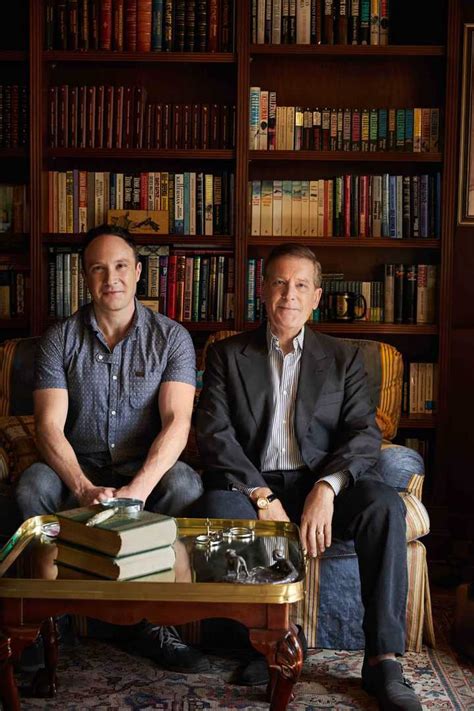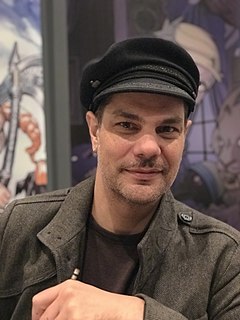A Quote by Curtis Hanson
I prefer stories about people who are, in a sense, trying to find better versions of themselves.
Related Quotes
Just recognizing and naming that many of the things we treat as historical fact are stories can help erode their power over our sense of identity and thinking. If they are stories rather than "truth," we can write new stories that better represent the country we aspire to be. Our new stories can be about diverse people working together to overcome challenges and make life better for all, about figuring out how to live sustainably on this one planet we share, and on deep respect for cooperation, fairness, and equity instead of promoting hyper-competitive individualism.
There's great poetry in the Old Testament and the New Testament. And I'm not interested in trying to prove whether this paragraph is as it was or as it should have been or should not be. My pursuit is to find the truth for me in those stories and make them apropos. The important thing is that people wrote them. These were inspirational stories, and you got to see them that way. If you don't, you'll get in trouble. So I'm not going to spend a lot of time trying to find out whether or not Mary was a virgin. What do I care about Mary being a virgin?
For us what we're trying to do is find the right balance of creating a space for emotion that leads to a sense of empathy and solidarity rather than a sense of division. In my most grandiose moments I think of HuffPost as a platform that makes solidarity possible, that really thinking about the emotional content of stories is a way to help people who think, or who have been manipulated to think, that they're interests are opposed to one another, that they actually are aligned in a fundamental way and they're actually in the same boat.






































